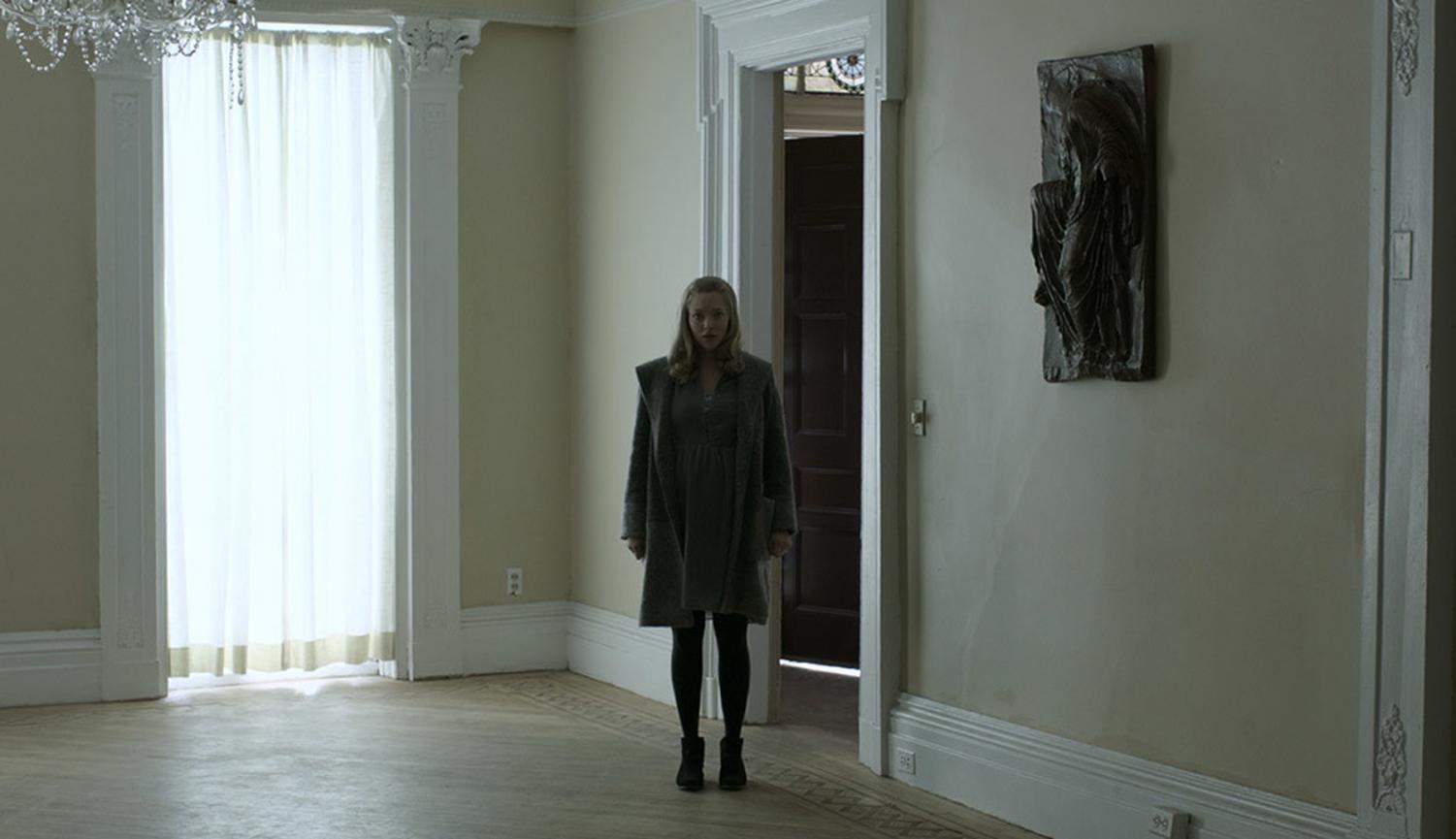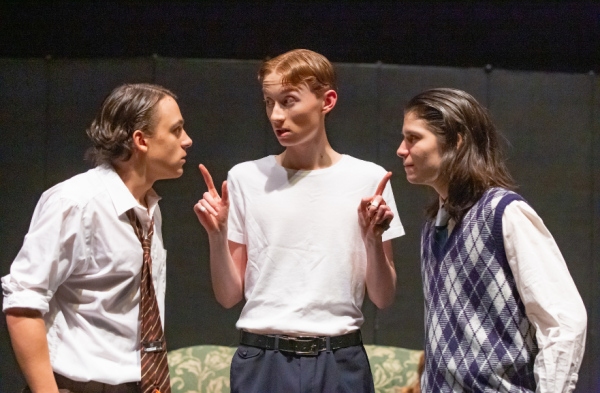A Film That Never Should Have Been Made
A Look at Paul Schrader’s, Opus:
The initial moments of First Reformed are black. Titles appear, but the screen remains black. Then, near the top of the screen there is a ray of white light that could be reflecting from the projector. The shot continues and the theater brightens as the film fades into a lethargic dolly shot towards an unnamed church, the whimper of light now visible as the steeple’s cross. Titles read from left to right in the old Hollywood style, covering the entire screen. There is familiarity of well known actors’ names as the building comes closer into frame. Then, the first cut.
Director Paul Schrader’s twentieth film is best described as a meditation on a man alone, a theme Schrader has dealt with before in his writing of films like Taxi Driver and Raging Bull, both of which deal with men who feel isolated and lash out as a result. In First Reformed, the violence is calmer, more connected to reality than Schrader’s recent work; it is in debt to the life story of Jake LaMotta, in which a man becomes obsessed with earning back the favor of the universe and travels to absurd lengths to regain it. In Raging Bull, LaMotta was driven by his desire to win, to be the respected boxer he knew he was. First Reformed flips perspectives and focuses on a man disillusioned with his life, job, and relationships. It takes the suicide of a polarizing friend to awaken his youthful musings on the hypocrisies of the Christian Church. For Schrader, this is a revelatory story that draws heavily from his own life and experience as a filmmaker over the last forty years.
The photography of First Reformed is specific. Cinematographer Alexander Dynan, who worked on Schrader’s previous film Dog Eat Dog, shoots the film in Academy Ratio or 1.37:1. This gives the film its box-like quality seen in many classic Hollywood films, and while it’s not unheard of to shoot this way, it is unorthodox for a director who’s last two pictures were bloated Nicolas Cage action flicks. In comparison, First Reformed is a glimmer, a light peeking from behind a pile of lesser films. It is the opposite of minor; in fact it may be Schrader’s finest work, certainly of this century. Each frame presents itself as a blank canvas, ready to be splattered and painted over vigorously by Schrader and star Ethan Hawke’s talents. Hawke’s dynamic range turns a tense conversation into the turning point of the film while the camera watches in angst. Each shot, two dollies aside, camera resting in the corner, taking it all in, making the audience bystanders to the uncoupling of a man’s psyche and logic.
After two hours and an absurdly violent finish, First Reformed takes a last great risk in its ending. Reverend Toller’s (Ethan Hawke’s character) plan to kill those attending the First Reformed church’s 250th Anniversary Reconsecration using a suicide vest is thwarted by the arrival of a woman. Mary, played by Amanda Seyfried, was the wife of Toller’s friend whom he witnessed die. She senses something wrong and confronts Toller in his chambers, to his befuddlement. What to do? Go through with the plan to avenge the needless death of his friend and risk killing his widow or abandon it all and risk coming apart at the seams?
She appears in the frame as if she has always been there, and suddenly Toller’s thoughts shift. All ideas of death leave his mind as he turns toward her and the two embrace. The camera follows Toller’s whirlwind of shattered expectations by spinning around the two at a quick pace, and for over a minute it moves, lulling us into their surprise instance of euphoria; in one moment, all of Toller’s plans have been erased, and his search for companionship has come to an end. Then, black.
The camera is in mid-twirl, and the film is over and the music is gone. Credits appear, and First Reformed joins a growing list of recent films cutting off in the midst of their climaxes (see 2017’s Lady Bird). It’s a bold move, no doubt, but one that is becoming more and more commonplace in cinema; it takes something unexpected to stand out. Where Lady Bird concluded on the symbolic final breath before adulthood, First Reformed ends in its most crucial moment. Why, then, does Schrader terminate his most gloriously experimental film in decades prematurely? First Reformed is so steeped in despair that a hopeful ending seems too much to ask for, yet Schrader allows a glimpse of one. Something within him is fighting this film, the darkness of his spirit conflicting with the last glimmers of life.

In a conversation for the A24 podcast between filmmaker Sofia Coppola and Paul Schrader, Coppola asked Schrader if this was a film he always wanted to make.
“It’s the movie I always didn’t want to make.” – Paul Schrader, 72.
Your donation will support the student journalists of Huntington Beach High School. Your contribution will allow us to cover our annual website hosting costs.
Thank you for supporting our program!






